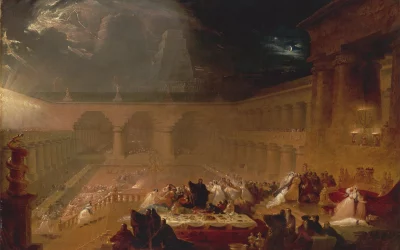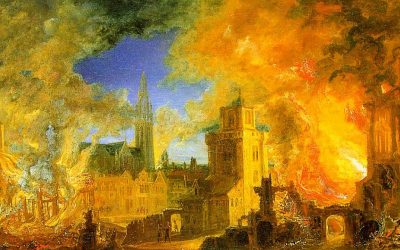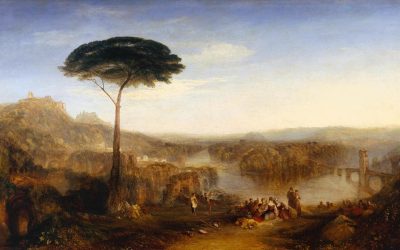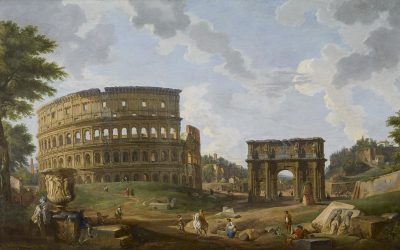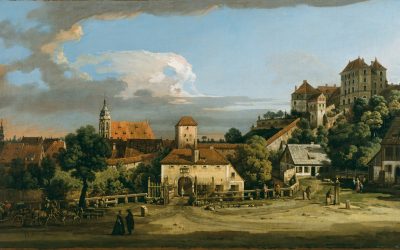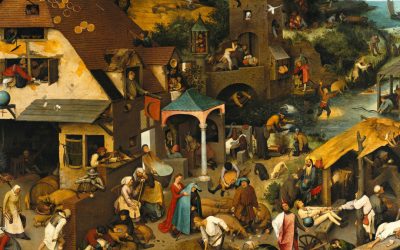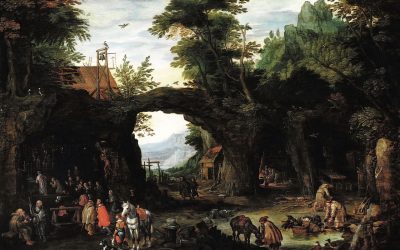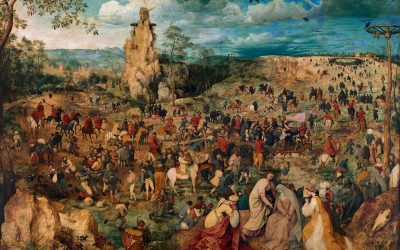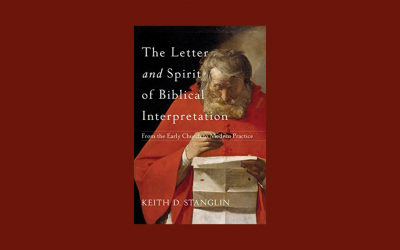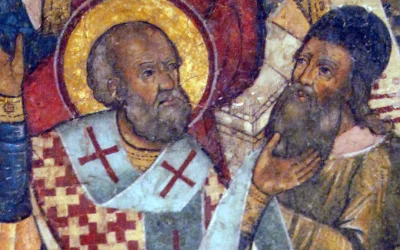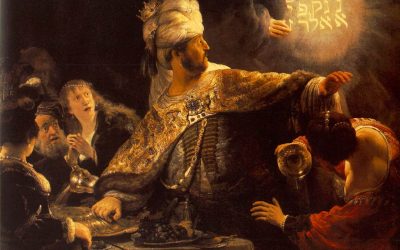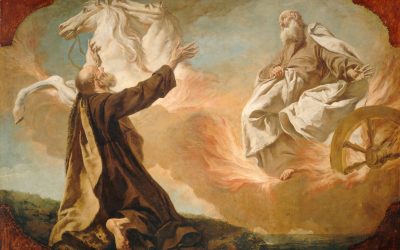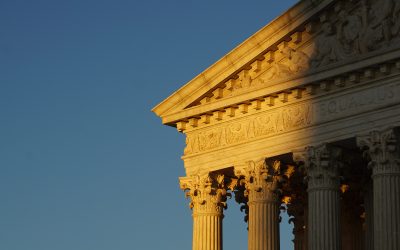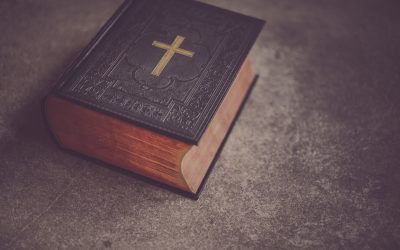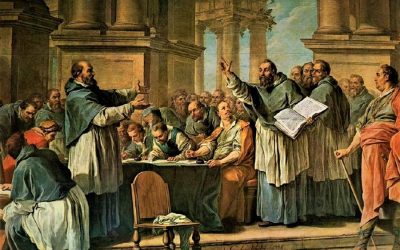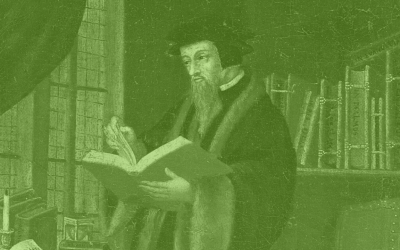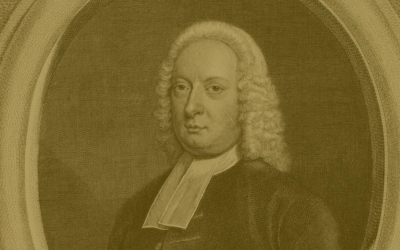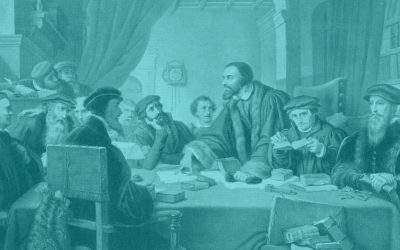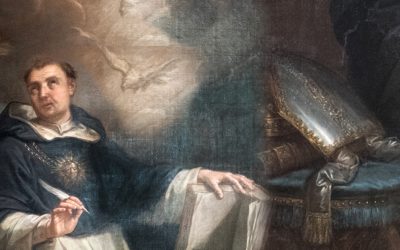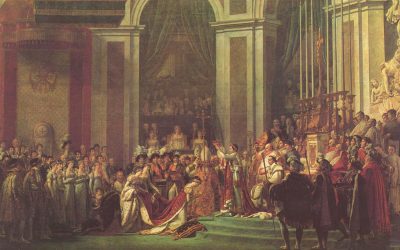The Sufficiency of Scripture, the Insufficiency of Man
Because of man’s inadequacy, the Holy Spirit turns the Christian to his fellow man, “Without counsel, plans go awry, But in the multitude of counselors they are established.” (Prov. 15:22)
The Divine Dominion
Power, as a divine attribute, leads us to consider the administration of it in God’s sovereign dominion.
Trials & Their Outcome
This is a command and an encouragement to count those things as joy which the world would count as occasions for despair and cynicism.
What Does Jesus Think About Adultery?
The Author of the law comes to deliver the law according to its fuller sense.
Our Pilgrimage
A pilgrim, traditionally understood, is a sojourner in a land that is not his own.
Divine Immutability According to Scripture
God is self-existent and is thus unaffected by His creation. Creation does not leave an impression on Him.
Losing the Legacy of Orthodoxy
The design of common/redemptive kingdom semantics is the preservation of the redemptive kingdom, and with it, the preservation of the gospel that alone produces it.
Covenant Theology IV | The Covenant of Works
In substance, all that is meant by “covenant of works” is the divine imposition of conditions upon man in the garden with blessings for obedience to those conditions and curses for failing to obey.
Covenant Theology III | The Covenant of Redemption
The covenant of redemption is not distinct to paedobaptist covenant theology, but to the orthodoxy of high Calvinism in the post-Reformation era.
Covenant Theology II | Jesus, Plus Some Other Stuff?
To bring our understanding of the New Testament into Old Testament interpretation is, for the dispensationalist, an “intrusion of an outside view upon the plain text of Scripture.”
Covenant Theology I | The Bible According to the Bible
In this first post, I only want to summarily define my own position and address some of Henebury’s starting assumptions.
REVIEW: The Letter and Spirit of Biblical Interpretation
Rules rule the day. System and method, if correctly followed, will automatically garner the right conclusions. The employment of method and the proper outflow of process are givens within the context of a chemical laboratory or doctor’s office.
John Calvin & Tradition
Calvin generally thought of biblical interpretation as a task to be done in concert with the rest of the Christian church.
All That Is God Is Father, Son, & Holy Spirit
Fundamentally, ERAS must reject the clause in the Athanasian Creed that says, “Nothing in this trinity is before or after, nothing is greater or smaller; in their entirety the three persons are coeternal and coequal with each other.”
How Should God’s Existence Inform Our Hermeneutics?
There isn’t any necessarily spiritual aspect to either history or grammar. They are natural categories. History is, after all, empirically discerned and studied…
To Whom was the Old Testament Written?
Many Christians do not know what to do with the Old Testament or where to place it in terms of its significance for the Christian life. Yet the Scriptures give us numerous examples…
Commending SCOTUS Overturning of Roe v. Wade
Today, however, a dark cloud of doubt looms over such a worldly sense of “progress.”
Israel or Christ? Who Is God’s “Firstborn”?
Are there two firstborn sons? It would appear so. The question, therefore, is, In what sense(s) are either really ‘firstborn’?
The Biblical Basis for Creeds
To use a creed in order to refute the use of creeds is not only self-refuting, it is hypocritical.
Rebuke, Refute, & Reprise: Three Themes of John the Baptist’s Ministry
In Matthew 3:5-12, we witness a stunning display of righteous zeal in the face of religious and political corruption.
Confessional Baptist Ecclesiology (Part II)
Visible saints hold to orthodox theology. This does not mean that all visible saints know all that is orthodox.
Confessional Baptist Ecclesiology (Part I)
The New Testament is replete with language identifying the church with the temple of our God, “If anyone defiles the temple of God, God will destroy him. For the temple of God is holy, which temple you are (1 Cor. 3:17).”
Reformed Hermeneutics with William Whitaker
He is a contextual voice regarding confessional hermeneutics making him a trustworthy source in discerning what the Protestant Reformed hermeneutic looked like in the late 16th and 17th centuries.
The Creator-Creature Distinction & the Doctrine of Scripture
Though the three most influential Reformed confessions (Westminster, Savoy, 2LCF) begin with Scripture, it may surprise the reader to learn that neither confession begins with Scripture as a stand-alone authority.
John Calvin on John 17:5
Therefore, according to Calvin, Christ prays according to His human nature in John 17:5, and the divine Persons remain sufficiently and really distinguished in virtue of the relations of origin.
John Gill’s Christology
God is far beyond our ways such that man must strain the outer limits of his language just to flick the hem of His robe (if that).
Calvin’s Classical Theism
at minimum, we should be able to conclude from the evidence presented that Calvin held to the classical formulation of divine simplicity.
Limitation of Act by Potency
Contemporary Thomistic studies largely assumes the origins for Thomas’s doctrine “limitation of act by potency” is to be properly and neatly located in Aristotle’s corpus. According to W. Norris Clarke, however, such an assumption is misguided…
Yes, We Still Believe Sola Scriptura—A Response to Dr. Sam Waldron
Why do we now turn a suspicious eye toward our forefathers? Have we really become skeptics? Confessional agnostics?
When Scripture Becomes A Wax Nose
God’s Scriptural appeal is made to rational creatures. And when, by grace, a rational creature is made to accept and trust in the truth of Scripture, his rational appetites are not extinguished but improved.

